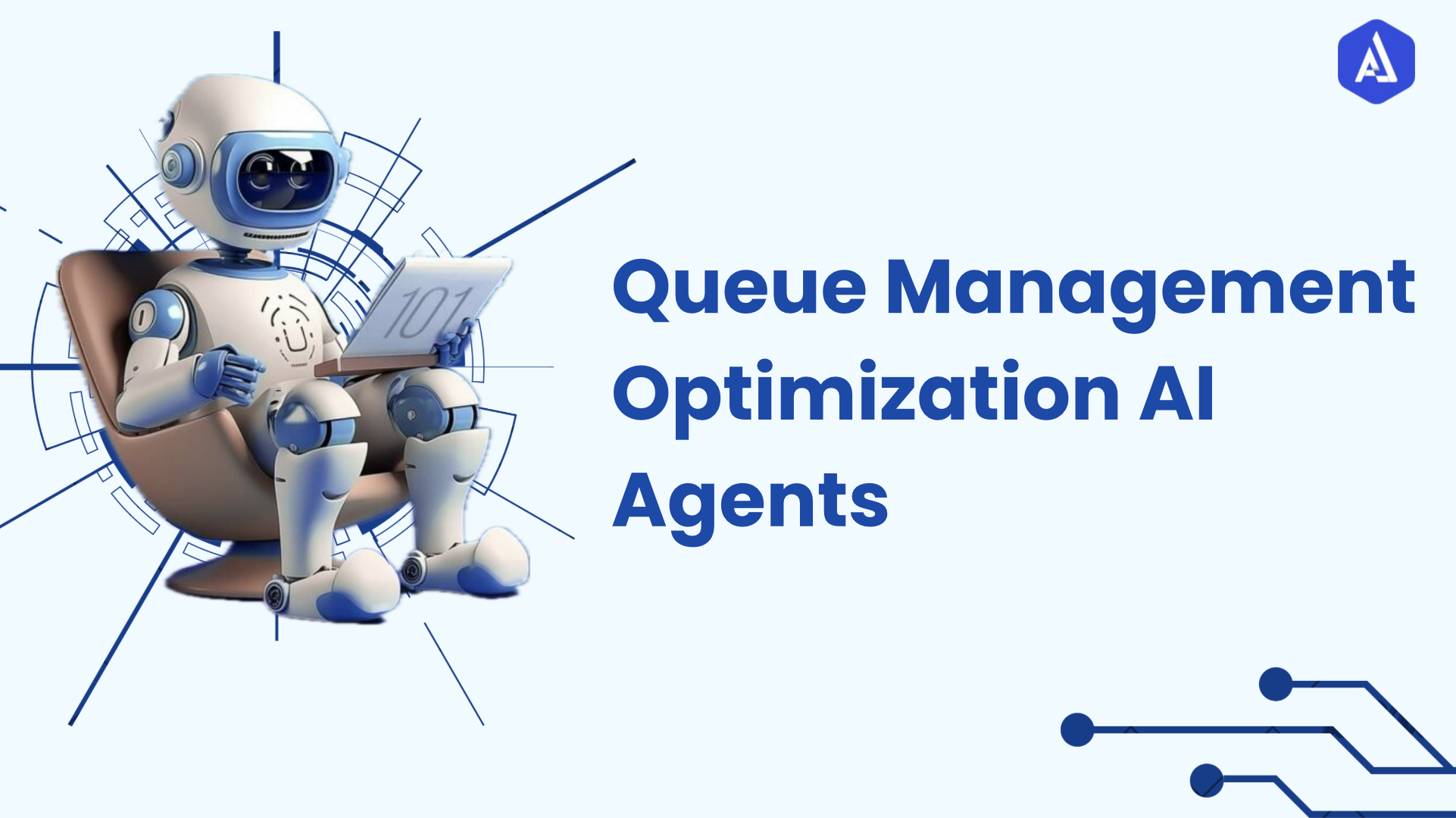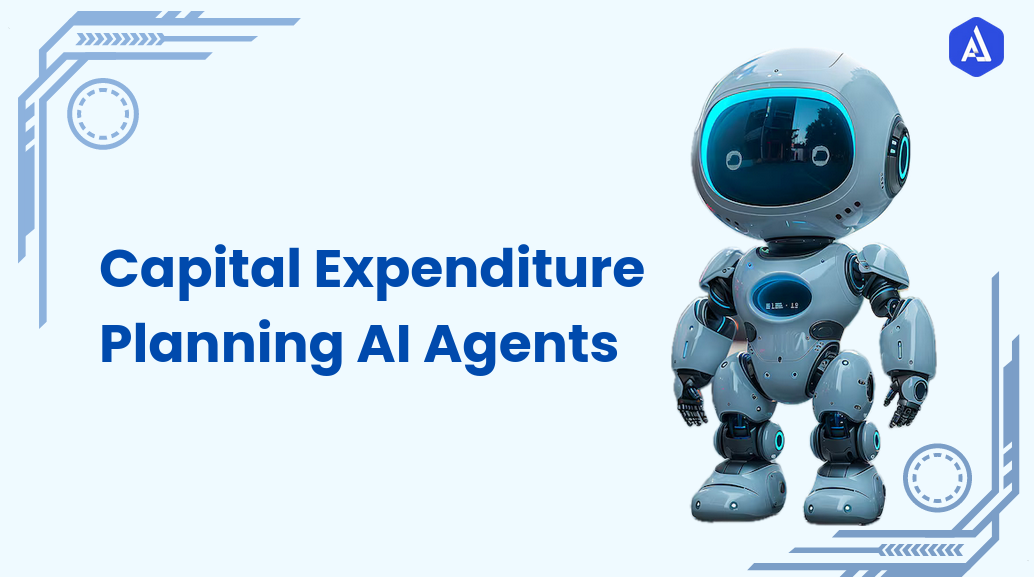The Customer Experience Specialist Agent takes customer interactions to the next level by delivering instant insights, automating feedback analysis, and uncovering trends that matter. Say goodbye to guesswork—this Agentic AI-driven agent helps businesses personalize experiences, resolve concerns before they escalate, and boost customer loyalty.
With real-time data and smart recommendations, you can optimize engagement strategies, improve response times, and create meaningful connections with your audience. Seamlessly integrated into the Qualtrics platform, this agent empowers you to make informed decisions and deliver exceptional service—every time.
Qualtrics Unveiled
Qualtrics
Qualtrics is a powerful experience management (XM) platform that helps organizations gather, analyze, and act on customer, employee, brand, and product feedback. It enables businesses to gather feedback, analyze insights, and make informed decisions to enhance satisfaction and engagement. Companies use it to assess opinions, track trends, and identify areas for improvement.
By collecting and interpreting responses, organizations can refine their strategies, improve relationships, and foster growth. It is widely used in various industries to measure and enhance overall experiences, ensuring that businesses stay responsive to the needs and expectations of the people they serve.
Qualtrics AI Agent
Qualtrics AI Agents are intelligent virtual assistants that enhance experience management by automating data analysis, sentiment detection, and real-time reporting. Using AI and natural language processing, they categorize feedback, identify trends, and optimize survey design for better insights.
These agents help organizations quickly address concerns and improve decision-making by streamlining data collection and interpretation. Integrated within the Qualtrics platform, they enable businesses to scale their experience management efforts efficiently and enhance customer and employee satisfaction.
Use Cases in Qualtrics Agents
Qualtrics AI Agent can be applied across various industries and scenarios, demonstrating their versatility and effectiveness. Some notable use cases include:
-
Enhancing Customer Experience Management: AI agents help organizations collect and analyze customer feedback to improve satisfaction, address concerns proactively, and personalize interactions.
-
Optimizing Employee Engagement Surveys: They assist in identifying trends in employee feedback, measuring workplace sentiment, and providing actionable insights to boost engagement and retention.
-
Streamlining Product Development Feedback: AI-driven analysis helps refine product designs by evaluating customer input, identifying common themes, and predicting potential improvements.
-
Automating Brand Health Monitoring: Organizations can track brand perception by continuously analyzing public sentiment, customer opinions, and competitive positioning.
-
Accelerating Market Research Analysis: AI agents speed up data processing by identifying patterns in survey responses, enabling faster decision-making for business strategies.
-
Crisis Management and Rapid Response Solutions: They help detect emerging issues from customer and employee feedback, allowing companies to take timely action and mitigate risks effectively.
These diverse applications illustrate how Qualtrics AI Agents can enhance experience management across various sectors, improving efficiency and driving better outcomes.
Operational Benefits of Qualtrics Agents
Integrating Qualtrics AI Agents into experience management strategies provides numerous advantages for organizations looking to improve decision-making and engagement:
-
Improved Efficiency: Automating feedback collection and analysis reduces manual workload, allowing teams to focus on more strategic tasks. This streamlines operations and enhances productivity.
-
Enhanced Decision-Making: Identifying trends and patterns in feedback provides valuable insights for informed decision-making. Businesses can take proactive steps to improve customer and employee experiences.
-
Real-Time Insights: Instant feedback processing enables quick responses to emerging issues, ensuring timely interventions. This helps organizations stay agile and customer-focused.
-
Scalability: The system efficiently handles large volumes of feedback, making it suitable for businesses of all sizes. It adapts seamlessly as organizations grow and their needs evolve.
-
Cost Savings: Reducing manual data processing lowers operational expenses while maintaining high-quality analysis. This optimizes resources and improves overall business efficiency.
Implementation Guide: Getting Started with Qualtrics AI
To effectively utilize Qualtrics AI Agents, organizations should follow these guidelines:
Setup
-
Integration: Connect with existing Qualtrics accounts to ensure compatibility with current survey tools and data sources. Seamless integration allows for efficient data aggregation and smooth operation.
-
Configuration: Customize settings such as response templates, language preferences, and analysis parameters to align with organizational goals and brand voice, ensuring more relevant and effective interactions.
Operation
-
Monitor Performance: Regularly track performance using analytics tools to assess effectiveness and user satisfaction, enabling ongoing optimization.
-
Knowledge Base Management: Keep resources updated to ensure responses remain accurate, relevant, and aligned with evolving trends and data.
Troubleshooting Tips
-
Common Issues: Identify potential integration challenges and use support resources to resolve them efficiently.
-
Feedback Loop: Implement a system for continuous user feedback to refine interactions and improve outcomes.
-
Training & Updates: Regularly update settings and refine response capabilities to incorporate new features, insights, and customer data, ensuring ongoing relevance and effectiveness.
Considerations and Challenges in Implementing Qualtrics AI Agents
-
Data Privacy and Security: Ensuring compliance with data protection regulations is crucial when handling sensitive feedback. Organizations must implement strict security measures to protect user information.
-
Integration with Existing Systems: Seamless integration with current workflows and software can be complex. Businesses need to ensure compatibility and minimize disruptions during implementation.
-
Accuracy and Bias in Analysis: AI-driven insights rely on data quality, and biases in responses or algorithms can affect outcomes. Regular monitoring and adjustments are necessary to maintain accuracy.
-
User Adoption and Training: Employees may require training to effectively use AI-driven tools. Organizations should provide clear guidance and support to maximize adoption and efficiency.
-
Ongoing Maintenance and Updates: Continuous improvements and updates are needed to keep the system effective. Regular monitoring ensures optimal performance and adapts to evolving business needs.
Revolutionizing Experience Management with Qualtrics AI Agents
AI agents are transforming experience management in Qualtrics by automating feedback collection, analysis, and response strategies. They provide real-time insights, enabling businesses to make faster, data-driven decisions. By identifying patterns and sentiments, AI helps personalize interactions and enhance customer and employee engagement.
These agents proactively detect emerging issues, allowing organizations to address concerns before they escalate. Additionally, AI optimizes surveys for better response quality while ensuring scalability without increasing operational costs. With improved efficiency and accuracy, AI-driven experience management enables businesses to stay agile, enhance satisfaction, and drive meaningful improvements in customer and employee experiences.
Next Steps with AI Agents
Talk to Our Experts About Implementing Qualtrics AI Agents. Discover how industries and departments leverage Agentic Workflows and Decision Intelligence to become more decision-centric with Qualtrics AI Agents


.png)